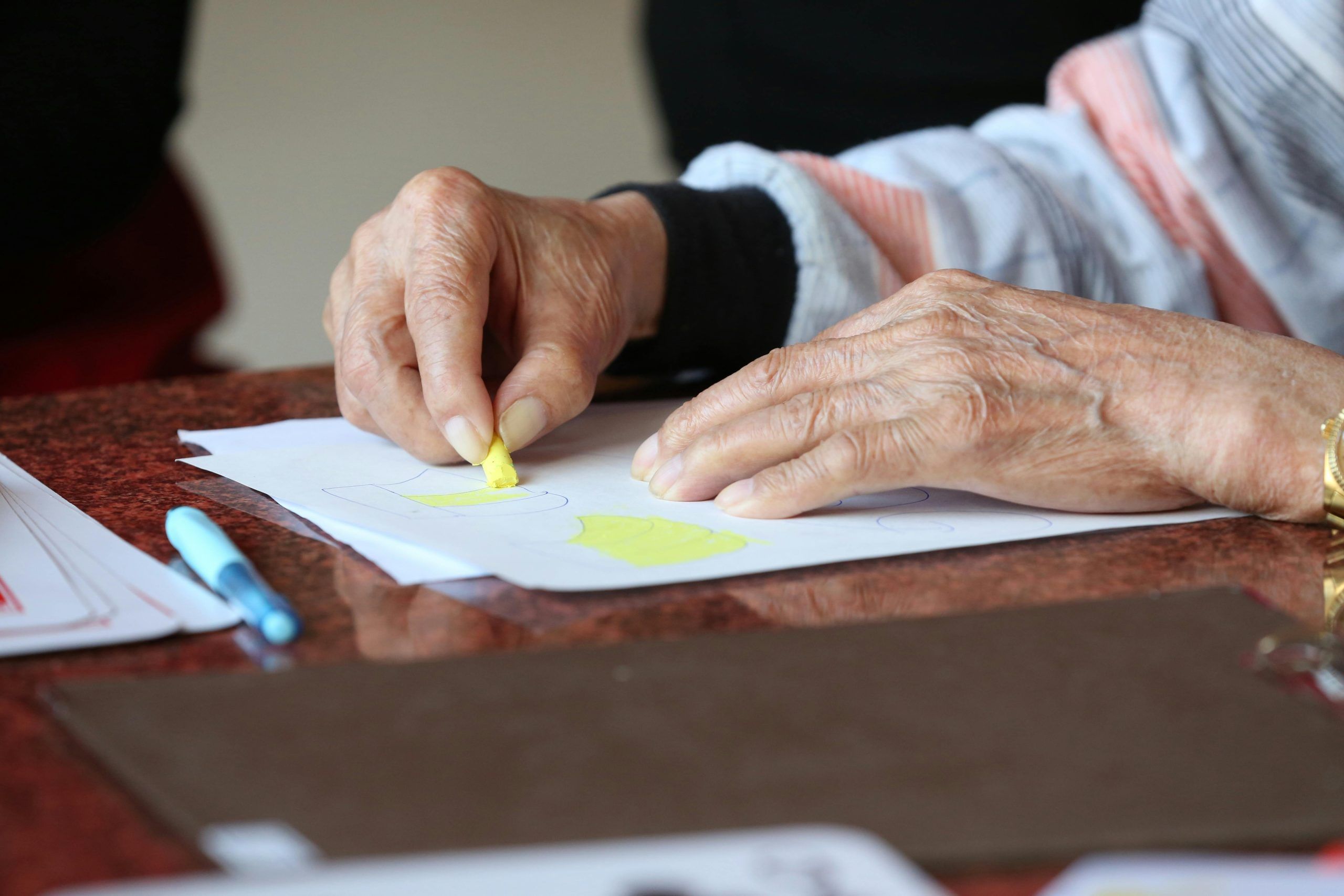New Delhi: Alzheimer’s disease is often called the “family disease” because it affects not just the patient but everyone around them. In most families, women are at the centre of this struggle. They face the disease in two powerful ways: first, as patients who are more likely to be diagnosed with Alzheimer’s, and second, as caregivers who carry the weight of looking after loved ones. This double role makes the emotional toll on women very heavy, and it changes the way families live, love, and cope.
Ahead of World Alzheimer’s Day, Dr. Lokesh B, Consultant – Neurology, Aster CMI Hospital, Bengaluru, spoke about the emotional toll that Alzheimer’s can take on patients and their near ones.
Studies show that women are more likely than men to develop Alzheimer’s. One reason is that women live longer, and age is the biggest risk factor. But the story does not end there. Researchers believe that hormones, brain changes, and even lifestyle patterns may make women more vulnerable. This means many daughters watch their mothers slowly lose memory and independence, and at the same time, many mothers worry about whether they too will face the same fate. This cycle creates fear and sadness that runs deep in families.
The emotional toll is especially strong when daughters take care of mothers with Alzheimer’s. In Indian families, caregiving often falls on women. Daughters and daughters-in-law usually become the main caregivers, balancing household duties, work responsibilities, and emotional stress. Taking care of someone with Alzheimer’s is not like managing a normal illness. It means helping with daily needs like eating, bathing, and dressing, while also handling confusion, mood swings, and memory loss. Over time, the daughter stops seeing her mother as the strong figure she once knew and instead sees her slowly becoming dependent, like a child. This role reversal can break the heart of any caregiver.
At the same time, mothers with Alzheimer’s feel their own pain. They may not fully understand what is happening, but they sense their loss of independence and dignity. Some mothers get frustrated, angry, or scared when they cannot recognize loved ones or remember simple things. For daughters, watching their mother go through this is like losing her piece by piece, long before the final goodbye. It creates what experts call “anticipatory grief” – mourning someone who is still alive.
The emotional strain often affects the caregiver’s own health. Many daughters report feelings of guilt, helplessness, and exhaustion. They feel guilty when they lose patience, guilty when they want a break, and guilty when they think about placing their mother in professional care. The stress can also lead to anxiety, depression, and social isolation. Families sometimes do not talk openly about these feelings because they believe caregiving is a duty, not a choice. But hiding the pain does not make it go away.
Financial and social challenges make the situation even harder. Hiring trained caregivers or getting medical support is expensive, and not every family can afford it. Many working women take career breaks or reduce work hours to look after their mothers, which adds to financial pressure. In traditional families, there is also an expectation that women must “manage everything,” which leaves little room for self-care.
Still, there are ways to ease the burden. Support groups, counselling, and awareness campaigns can help women feel less alone. Sharing caregiving duties among siblings, including men, can reduce pressure on daughters. Simple community-based programs that provide day care or home visits for Alzheimer’s patients can also make a huge difference. Talking openly about the disease, seeking medical advice early, and planning for long-term care are important steps that families should not ignore.
Alzheimer’s may be a disease of memory, but it leaves behind strong lessons about love, patience, and resilience. For many daughters, caring for their mothers becomes an act of devotion, even when it comes with tears and sleepless nights. For mothers, even in moments of confusion, the bond with their children shines through in small gestures of affection.
The emotional toll of Alzheimer’s on women is real and deep, but so is their strength. Recognizing their struggle and giving them support is not just a family responsibility but also a social one. When society stands with these women, from daughters to mothers, it lightens the burden and keeps alive the dignity of those living with Alzheimer’s.
